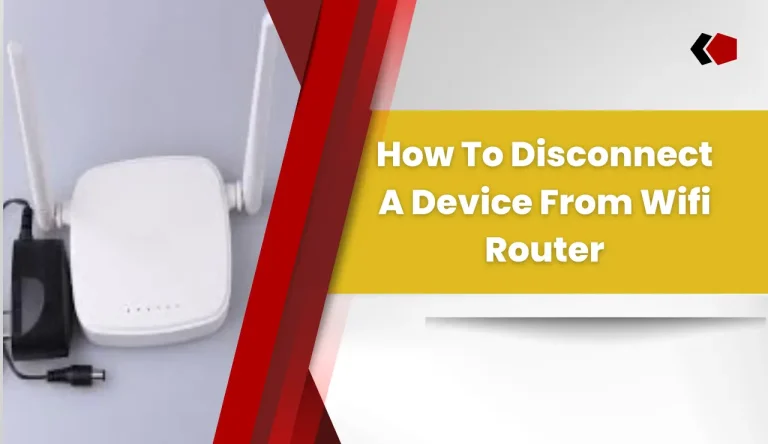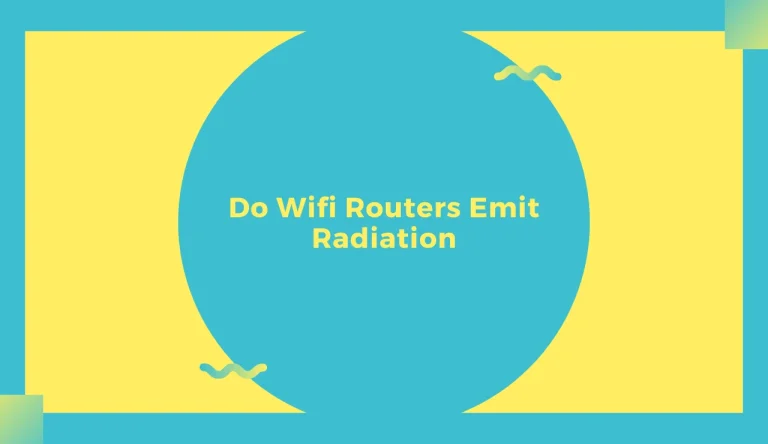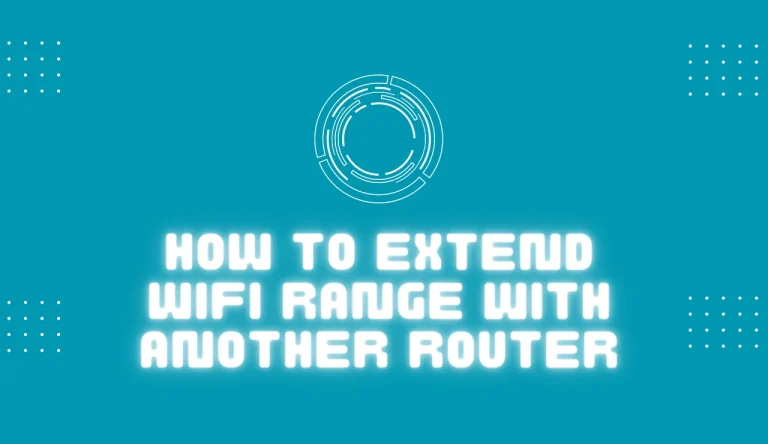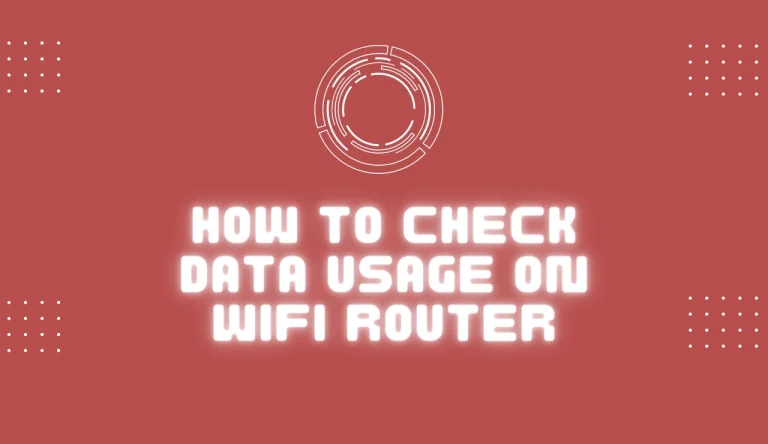How Much Electricity Does A Wifi Router Use
Do you ever wonder How Much Electricity Does A Wifi Router Use? Understanding the energy consumption of your router can help you make informed decisions about its usage and minimize your impact on the environment.
In this article, we will delve into the factors that affect WiFi router power usage and guide you through calculating its energy consumption.
We will also provide tips for reducing power consumption without compromising on performance.
Additionally, we will explore energy-efficient alternatives to traditional routers that can further reduce your carbon footprint.
By promoting energy efficiency in WiFi router usage, we can contribute to a greener future while enjoying uninterrupted connectivity.
So let’s dive into the data-driven analysis of how much electricity your WiFi router consumes and discover ways to optimize its power usage!
Key Takeaways
- Factors such as transmission speed, wireless standards, and the number of devices connected affect the power usage of a WiFi router.
- Selecting a router that meets your needs without unnecessary features can help improve energy efficiency.
- Best practices for router energy efficiency include turning off unused features, placing the router optimally, and adjusting settings such as transmit power level.
- Energy-efficient router models consume less power without compromising performance, leading to potential cost savings and environmental benefits.
Understanding WiFi Router Energy Consumption
Do you ever wonder how much electricity your WiFi router is guzzling up while you’re binge-watching your favorite shows? Understanding WiFi router energy consumption is crucial for optimizing power usage and minimizing costs.
When it comes to power usage, not all routers are created equal. Different models have varying levels of energy efficiency, with some consuming significantly more electricity than others. To compare wifi router power usage, it’s important to consider factors such as transmission speed, wireless standards supported, and additional features like multiple antennas or USB ports.
By selecting a router that meets your needs without unnecessary bells and whistles, you can ensure better energy efficiency. Additionally, implementing best practices for router energy efficiency such as turning off unused features and placing the router in an optimal location can further reduce power consumption.
Now let’s explore the factors affecting wifi router power usage…
Factors Affecting WiFi Router Power Usage
Explore the various factors that impact how power-hungry your trusty WiFi router can be. WiFi router energy efficiency plays a crucial role in determining its power consumption. Newer models are designed to be more energy-efficient, utilizing advanced technologies like power-saving modes and intelligent antenna systems.
Additionally, the number of devices connected to your router affects its power usage. The more devices connected, the higher the power consumption.
Another factor is signal strength – when your devices are far from the router or have weak signals, it requires more power for data transmission.
To reduce router power consumption, consider updating to a newer model with better energy efficiency features and optimizing your device connectivity for stronger signals. By understanding these factors and taking necessary measures, you can minimize your WiFi router’s energy usage while maintaining high-performance internet connectivity.
Transitioning into calculating the energy consumption of your wifi router, let’s delve into the specifics…
Calculating the Energy Consumption of Your WiFi Router
To accurately determine the energy consumed by your WiFi router, you can calculate its power consumption using the formula: multiply the voltage (V) by the current (A) it draws while in operation. Evaluating efficiency and monitoring usage can help you understand how much electricity your router is using and identify ways to reduce power consumption. One way to do this is by keeping track of how long your router is powered on each day. Additionally, you can use a power meter to measure the actual power draw of your router. By evaluating these factors, you can get a better understanding of your router’s energy consumption and make informed decisions about reducing its power usage.
| Factor | Energy Consumption |
|---|---|
| Voltage | 12 V |
| Current | 1 A |
| Power | 12 W |
Understanding your WiFi router’s energy consumption lays the foundation for implementing tips to reduce its power consumption without compromising performance or coverage.
Tips for Reducing WiFi Router Power Consumption
Take control of your WiFi router’s energy consumption and keep your devices running smoothly with these simple tips.
Reducing Wi-Fi router power usage is crucial for saving energy and reducing electricity costs. One effective technique is to adjust the transmit power level of your router. Lowering it can significantly decrease energy consumption without affecting the performance or range too much.
Another helpful tip is to enable a sleep mode feature on your router, which allows it to automatically enter a low-power state when not in use.
Additionally, consider scheduling regular reboots for your router as this can help optimize its performance and reduce power consumption.
By implementing these energy-saving techniques for Wi-Fi routers, you can contribute to a greener environment while enjoying uninterrupted connectivity.
Transitioning into the next section about energy-efficient alternatives to traditional Wi-Fi routers, let’s explore some innovative solutions that further enhance power efficiency.
Energy-Efficient Alternatives to Traditional WiFi Routers
Switching to energy-efficient alternatives for your Wi-Fi router can enhance power efficiency and improve your overall connectivity experience. Green router options and sustainable networking solutions are becoming increasingly popular as people seek ways to reduce their energy consumption and minimize their environmental impact.
These alternatives utilize advanced technologies such as power-saving modes, intelligent signal management, and low-power components to optimize energy usage without compromising performance. For example, some routers have built-in sensors that automatically adjust the transmission power based on the distance between devices, ensuring that only the necessary amount of energy is used.
By adopting these energy-efficient options, you can significantly reduce your carbon footprint while still enjoying fast and reliable internet connections.
Now let’s explore the impact of wifi router energy consumption on the environment…
The Impact of WiFi Router Energy Consumption on the Environment

The environmental consequences of excessive energy consumption by WiFi routers extend beyond just the depletion of resources, encompassing issues like carbon emissions and ecological imbalance. In order to mitigate these negative effects, it’s important to implement energy-saving practices and promote environmental sustainability in the usage of WiFi routers.
By adopting energy-efficient alternatives or simply making small changes to their settings, individuals can significantly reduce the amount of electricity consumed by their WiFi routers. For example, adjusting the power settings to minimize energy usage during periods of inactivity can lead to substantial energy savings. Additionally, using a router with built-in power-saving features or enabling sleep mode when not in use can further contribute to reducing overall energy consumption.
It’s crucial for users to understand that even small actions towards conserving energy can make a big impact on the environment. By promoting these energy efficiency practices and incorporating them into our daily routines, we can actively contribute towards a more sustainable future.
Transition: With a clear understanding of how excessive energy consumption affects the environment, let’s now explore ways in which we can promote energy efficiency in wifi router usage.
Promoting Energy Efficiency in WiFi Router Usage
By embracing energy-saving practices and integrating them into our daily routines, we can actively contribute to a more sustainable future, reducing our ecological footprint and preserving the planet for generations to come.
One effective way to promote energy efficiency is by using energy efficient router models. These routers are designed to consume less power without compromising performance. By investing in such devices, we not only save on electricity bills but also reduce our carbon emissions.
Reducing wifi router power consumption offers several benefits. Firstly, it helps mitigate the environmental impact of excessive energy use, which contributes to climate change. Secondly, it prolongs the lifespan of the router by minimizing heat generation and component wear. Lastly, it promotes a more reliable network connection as efficient routers tend to have better signal strength and coverage.
To help you understand the potential savings from using an energy efficient router model compared to a conventional one, consider the following table:
| Router Model | Annual Energy Consumption (kWh) | Cost per Year ($) |
|---|---|---|
| Conventional | 120 | 24 |
| Energy Efficient | 60 | 12 |
As seen in the table above, switching to an energy-efficient router can result in significant cost savings while benefiting the environment. So let’s make a conscious effort to choose more sustainable options for our everyday technology usage.
Frequently Asked Questions
Conclusion
To conclude, it’s essential to promote energy efficiency in the usage of WiFi routers. By understanding the factors affecting power consumption and calculating the energy usage, you can make informed decisions to reduce your router’s electricity consumption.
Implementing tips like turning off unused features and using energy-efficient alternatives can further contribute to minimizing environmental impact.
It’s crucial to be mindful of our WiFi router usage and strive for a more sustainable future by adopting energy-saving practices.






